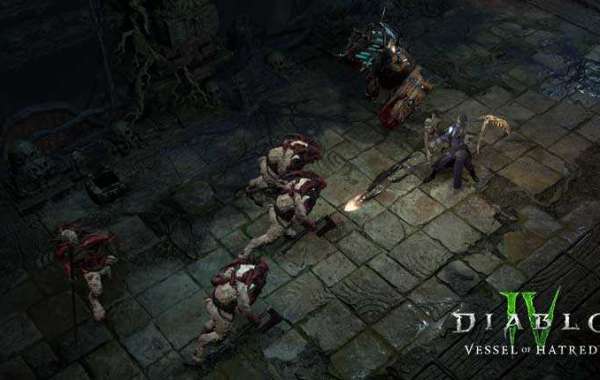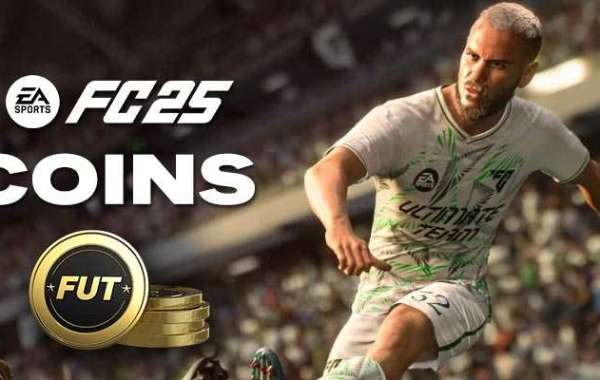Top lane has long been known as an island because of the combination of being a long lane, side lane, and solo lane. It is the closest thing you can get to a pure 1v1 in a matchmade League of Legends game. What follows is everything you need to know to jump in a game and hold your own on that island.
Top is a long lane and because there is no second ally champion to lane with, which means top laners are most often tanks or high damage champions that can make use of the long lane to run down enemies. However, the 1v1 nature of top also opens up to more champion options than any other role in the game because it is so centered around the 1v1 and getting to counter pick is so valuable.
While runes are champion specific, summoner spells on top laners are very standard. Some split-pushers will run Ignite for kill pressure in lane, but almost every other top laner will run Flash and Teleport. Teleport serves the dual purpose of allowing you to get back to lane faster after a recall or to make a play on the map with your team.
One of the key stats to understanding top lane damage trading is champion auto attack range. The greater the gap in auto attack range, the easier it is for the champion with the higher range to get in attacks without a counter from the enemy champion. This is most obviously noticed in ranged versus melee matchups, but the important thing to keep in mind is the total range difference, regardless of melee or ranged.
Auto attacks are only half the battle. Champion spells must also be accounted for, in regards to range, cooldown, and whether or not they pass through minions. The range is the same concept for auto attacks – longer range spells are easier to harass your opponent with because you do not need to get as close to the enemy.
Spell cooldowns must be considered by both players. Attempting a trade while your spell cooldowns are up and the opponents are not is optimal, while the reverse is the perfect time to go for a damage trade.
Enemy spells that cannot pass through minions can be dodged by simply standing behind your own minion wave. To land these spells on your opponent, try to use the abilities as the enemy minion in front of the opposing champion dies.
While these trading patterns are important, remember to keep up your minion kills in lane. Sacrificing a minion kill for damage on the enemy champion can be worth it, but you still must focus on getting as many minion kills in lane as you can.
Due to the nature of the long lane, warding is very important to be safe in top lane. The first crucial time to get a Warding Totem down is around 2:30 into the game. This is typically when the enemy jungler could be done with both red and blue buff and can be ganking for the first time in the game. You will want to ward in one of the two brushes below the lane – tri-brush when you are on blue side or top river brush when you are on the red side.
Whenever you can afford one on a recall and do not already have one placed on the map, you will want to buy a Vision Ward. Throughout laning phase, you will generally want your Vision Ward closer to your own tower – so top river brush on blue side and tri-brush on red side. This is because Vision Wards are easier to defend the closer you are to your own tower and your jungler is more likely to come into a gank position from your team’s side of the map. The Vision Ward will also make sure the enemy has no vision of your jungler.
As the game goes on and turrets are taken down, you will want to continue moving your vision line up with you. The most important thing to think about is where an enemy is most likely to gank you from. Think about what areas you need to have warded to not only see the gank but have enough time to react to the gank – either by getting away or preparing yourself to fight.
While other players on the team might swap their Warding Totem for an Oracle Lens or Farsight Alteration, top laners generally keep the Warding Totem. This is because top laners are generally either a tank, who is very good at face-checking dark areas of the map to get vision down, or a split-pusher, who wants to provide vision for his or herself in multiple locations.
It is crucial when going for trades or all-ins in lane that you take stock of the minion wave beforehand. Though they might seem harmless, minion damage adds up in a hurry when they focus on you, as they will when you damage enemy champions. So a bigger ally minion wave works to your favor in trades and a bigger enemy minion wave should be thinned out before engaging in any trade that will allow the minions to hit you repeatedly.
Trades are not the only time you have to consider wave management. Deciding whether to freeze or push a wave is also important to success in top lane.
Freezing a lane is when you allow an enemy minion wave to build up and try to only last hit the minions without damaging them beforehand. This allows the enemy minions to kill your minion wave because the enemy wave has more minions and will naturally kill your wave before it dies. You must do this out of your own tower range and hold the enemy wave there until your next minion wave comes in and repeat the process. Freezing the wave is great for when your enemy recalls back to base or is too weak to walk up. This is because it denies your opponent the ability to get last hits on your minions when they either are not in lane or are too weak to walk up to your minions without dying.
Conversely, pushing or shoving a minion wave means to clear the enemy minions as quickly as possible so that your own minion wave crashes into the enemy turret. This can make it more difficult for the enemy to last hit the minions with the turret shots coming in and is also a good strategy for denying minions when an enemy is not in lane. Further, pushing the wave is a great precursor to roaming to another lane or making use of Teleport if available.
As covered earlier, the standard summoner spells for top laners are Flash and Ignite or Flash and Teleport. Flash is the most versatile spell and can be used offensively or defensively in lane. The use of Flash should be to either secure a kill that you could not get without Flash or to save yourself from a death that can only be prevented by using Flash.
Ignite should be used only when going for an all-in trade when you expect to fight until either the enemy is dead or you are. It is not effective to use Ignite in a regular damage trade because of its long cooldown and because it is most effective as an extra burst of damage to surprise your enemy and cut their healing reduction in half.
Teleport has two primary uses for top laners. First, it gets you back to lane much faster than walking and can be used to make sure you do not miss experience or gold from minion waves. This is especially useful early when you do not have the same movespeed that you will have later in the game to get back to lane more quickly. It is also helpful if you are ganked and need to recall at an inopportune time or if you are pushed out of lane by a trade with the minion wave pushing into your turret.
The other use of Teleport is to make team plays around the map. This lends itself more to tanks and champions that want to be involved in skirmishes, but even split-pushers who take Teleport can use it to clean up fights. The best uses of Teleport are generally behind the enemy so that even when they see the Teleport channel, they do not have enough time to run away before the Teleport completes.
The champion you pick will be crucial in terms of your decision whether to group with your team or split-push. Split-pushing is basically a laning phase that extends all game. You start in the top lane but as the teams group up later in the game, you transition to pushing bot lane because it is the farthest lane from Baron and will allow your team to take objectives if the enemy has to send more than one champion to deal with you.
If your champion excels at team fighting, you will look to group up with your team when some of the outer turrets have fallen and fights are breaking out on the map around objectives. Teleport is a great way to make it into a fight quickly if you are caught in a sidelane when a team fight breaks out. Otherwise, you can walk over to your team in preparation for fights around objectives and be in a position to catch out the enemy team.
Try some different playstyles to get a feel for what type of champions you are most comfortable playing. Top lane has such a large and diverse champion pool that you can try out several different champions. Attempting a damage trade with an enemy as one or more of your minions is about to die is a great way to force your enemy into a tough decision. They must decide whether to prioritize fighting back with you or killing the low health minions, allowing you a win either way
Pushing out your wave and placing a ward in the enemy jungle is a great way for both you and your team to track the enemy jungler and give you more time to react when the jungler is on your side of the map. Don’t be afraid to cancel your Teleport if you start it and decide during the channel time that the Teleport is not worth it. Cancelling Teleport also leaves it on a shorter cooldown than if you complete it.

Make sure your team is in position to take a fight or objective whenever you are in enemy territory on a split-push. This push-and-pull that makes split-pushing effective is negated if the enemy only has to focus on either the group of four or you at one time.
For more Tips on Play Top Lane in League of Legends or Sell League of Legends Account , check this out: https://lol.igvault.com/League-of-Legends-Accounts








